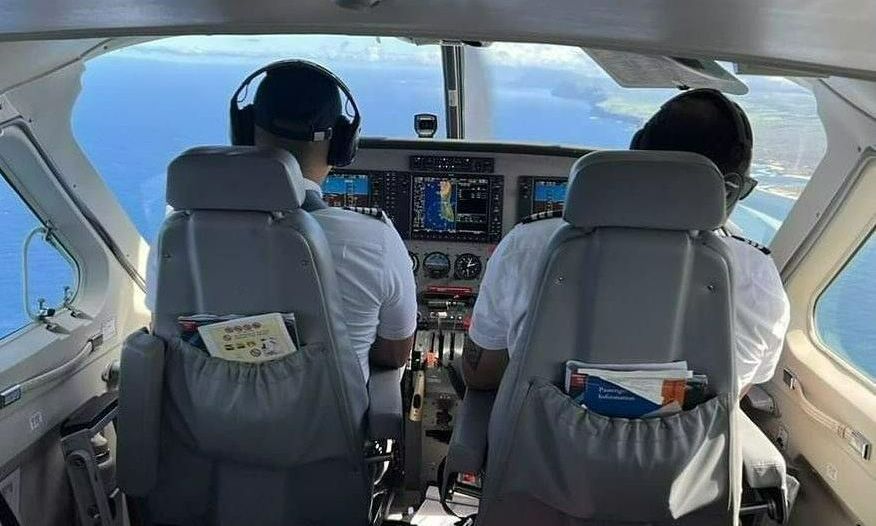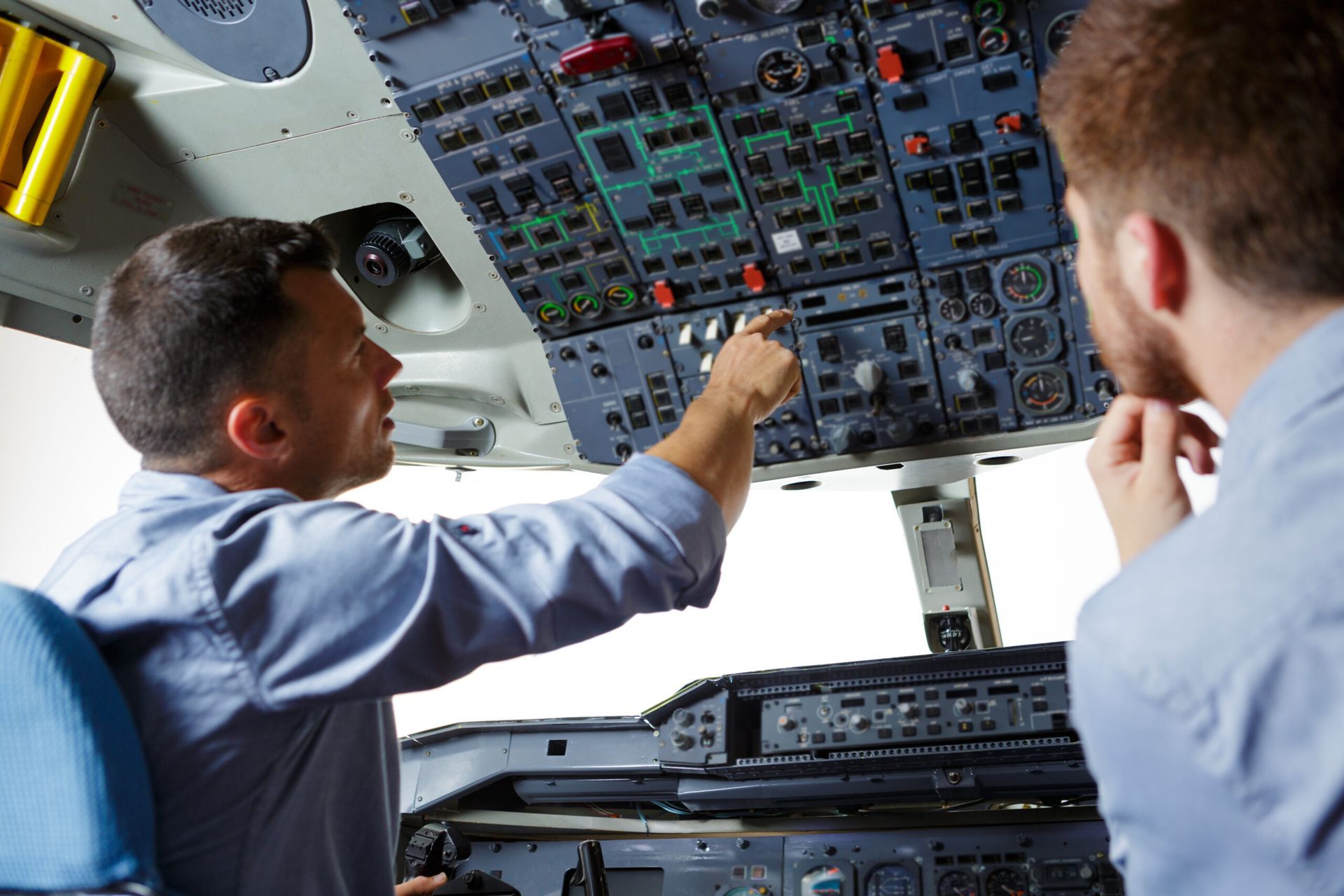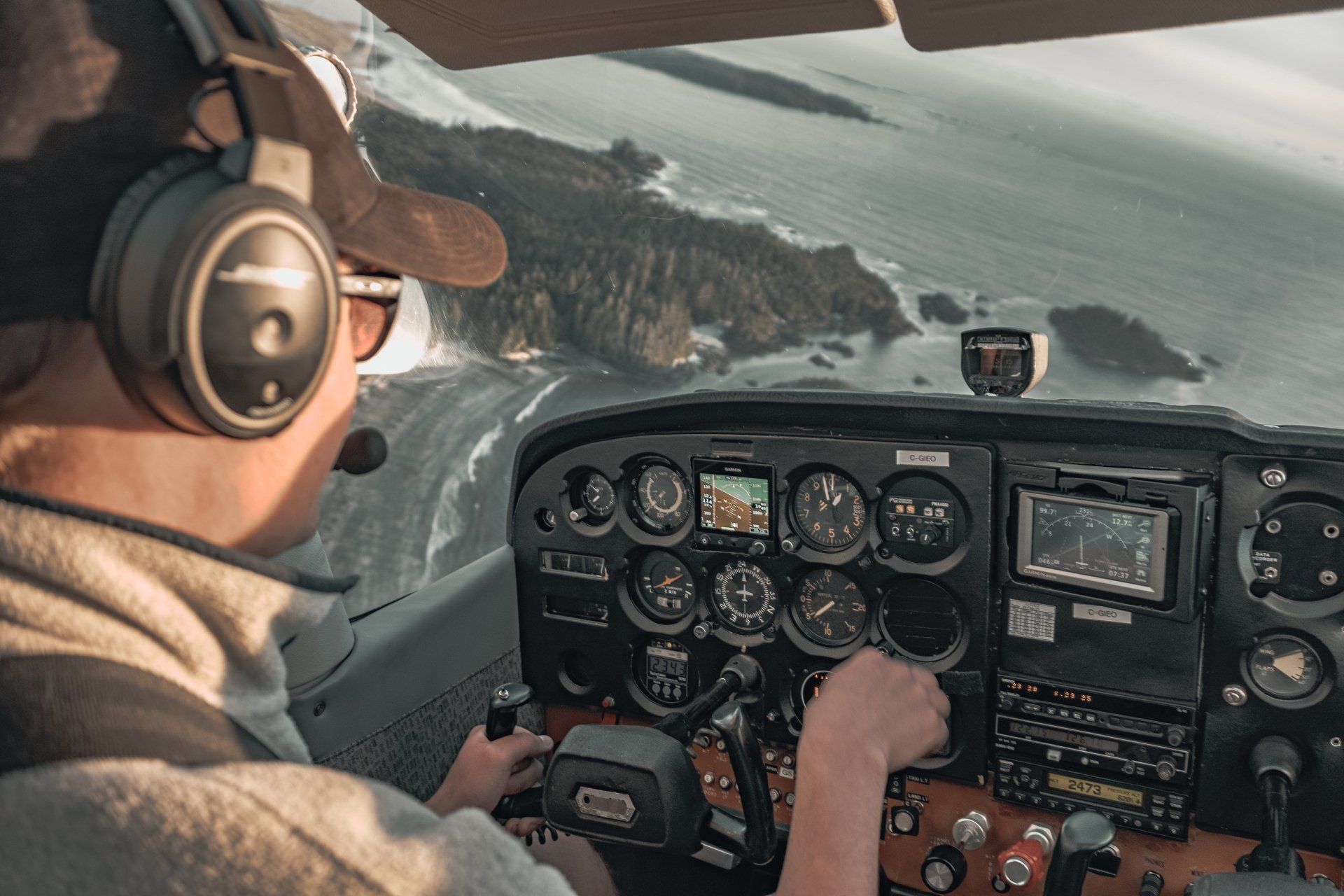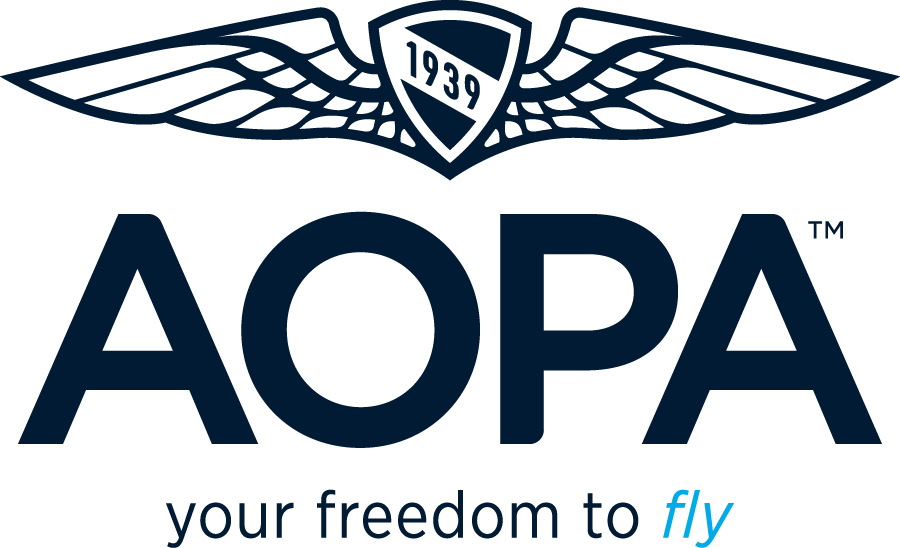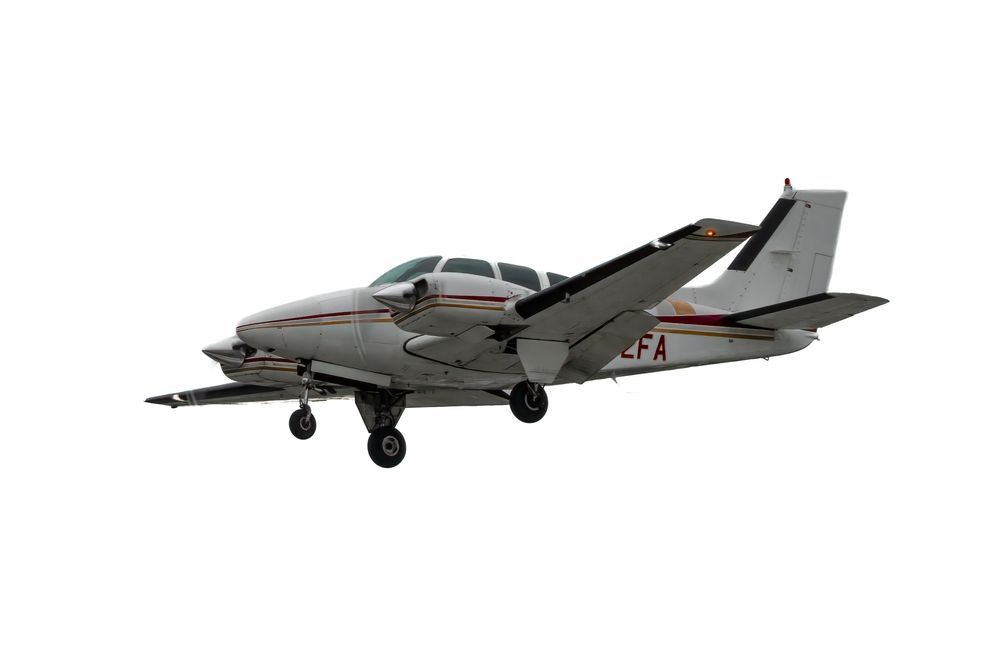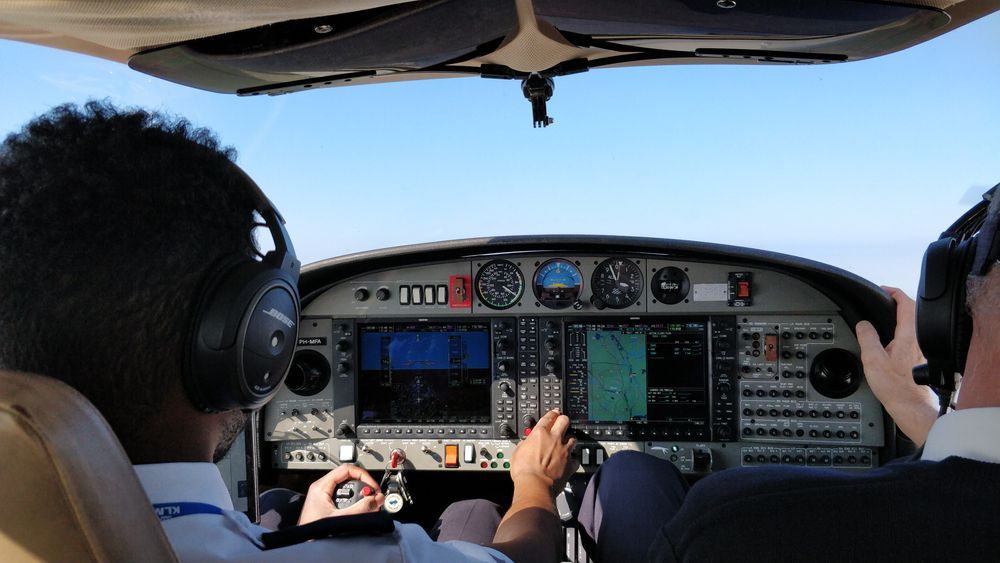Airline Career Pilot Program
Why is Today a Good Time to Become a Commercial Pilot?
Today is the best time to become an airline pilot due to the increasing demand for pilots worldwide. As the aviation industry continues to grow, airlines are actively recruiting and expanding their fleets.
Additionally, advancements in technology have made flight training more accessible and efficient. With the potential for fulfilling career prospects and the opportunity to be part of an exciting and evolving industry, aspiring pilots can embark on their journey with confidence.
Choose Your Starting Point
Routes to Become a Career Airline Pilot
Becoming an airline pilot is a road that starts with getting your Private, Instrument and Commercial Pilot ratings. Once completed with these ratings students typically have 250 - 300 of total flight time. The requirement to fly "jets" is 1500 total hours.... how do you get there? Our accelerated path to Southern is one way and the other is becoming a Certified Flight Instructor. JA Flight Training offers all Instructor ratings and hires our Instructors from from within.
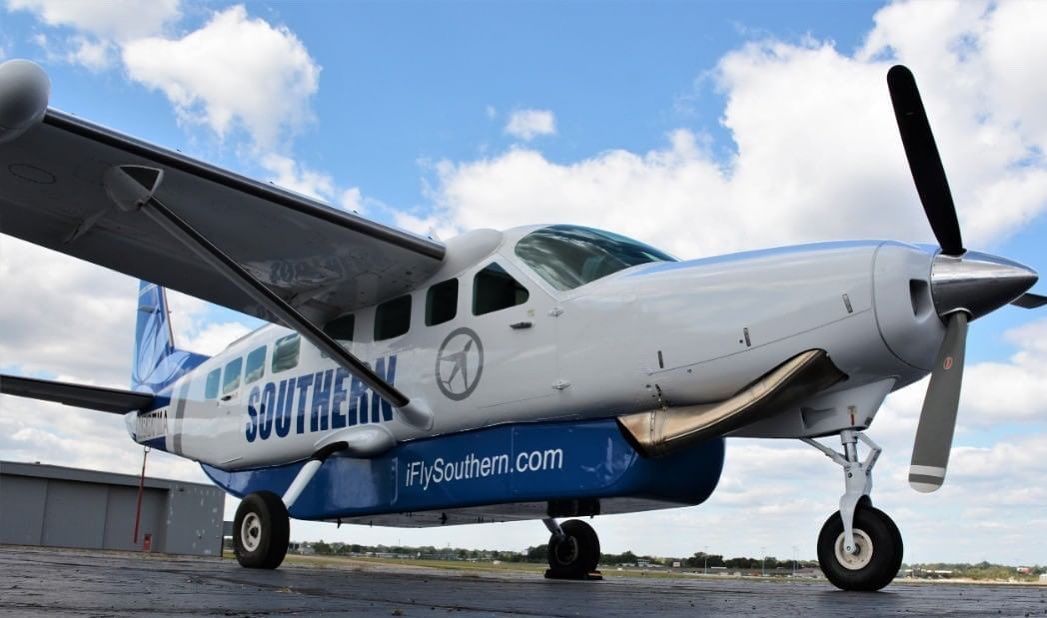
From Private Pilot Certificate
Already have your pilot's license? Jump into our career airline pilot program.
Who Is This Program for?
College Bound Students
Our collegiate affiliations with Purdue Global and Liberty University offer students two on-line programs to attain a Bachelor Degree in Aviation. Both options are tens thousands of dollars less than four-year options and get you to the airlines faster.
Changing Careers
All of our programs are one-on-one and can be done on your schedule. Open seven days per week starting at 7am career changers can plan to learn when time permits. The dream of becoming an airline pilot is still alive!
Veterans
JA Flight Training accepts the GI bill for all flight training offered after your Private Pilot License (PPL). Typical benefits include 85% of the cost all pilot ratings after earning your PPL. This generous benefit means eligible Veterans can save 70% of the cost to become a Commercial Airline Pilot!
Step 1
Earn Private Pilot Certificate
(3 Months)
What Can I Do as A Private Pilot?
As a private pilot, you have the privilege of flying aircraft for personal and non-commercial purposes. Here are some activities you can engage in as a private pilot:
Recreational Flying: Enjoy the freedom and exhilaration of flying by exploring different destinations, landscapes, and scenic routes.
Cross-Country Trips: Plan and undertake trips to other cities or countries, experiencing the joy of navigating through different airspace and landing at new airports.
Fly with Friends and Family: Take your loved ones on flights, allowing them to experience the thrill of aviation firsthand.
Already a private pilot? Skip to Step 2!
Step 2
Earn Instrument and Commercial ratings
(6-7 months)
Already have your Private Rating.... Great! Adding an Instrument and Commercial can get you ready for your career as an Airline Pilot.
JA Flight training simulators can be used for up to 40% of the Instrument rating and up to 50 hours in total towards the Commercial rating. Providing a nice savings for our customers.
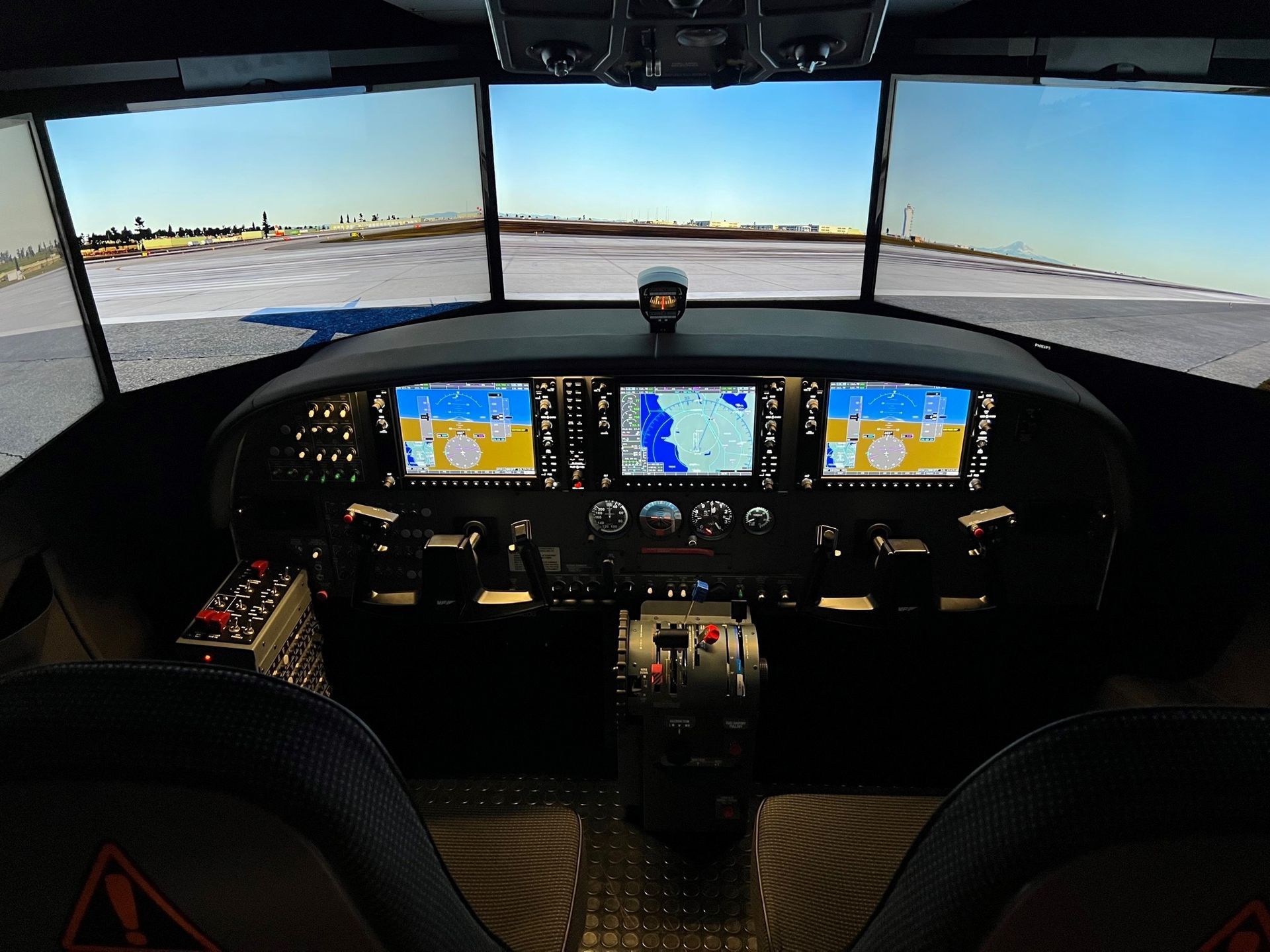
2023 VirtualFly Cessna Caravan Simulator
Step 3
Accumulate Commercial Hours
(18 - 24 Months)
Upon completion of the Commercial program students have 250 - 300 total flight hours. Newly minted Commercial pilots must attain up to 1500 flight hours to be considered by Regional and Major Airlines.
JA Flight students can transition to Southern Airways upon completion or become a flight instructor to accumulate hours..... either way, it's a paid pathway.
Two Ways To Accumulate Hours
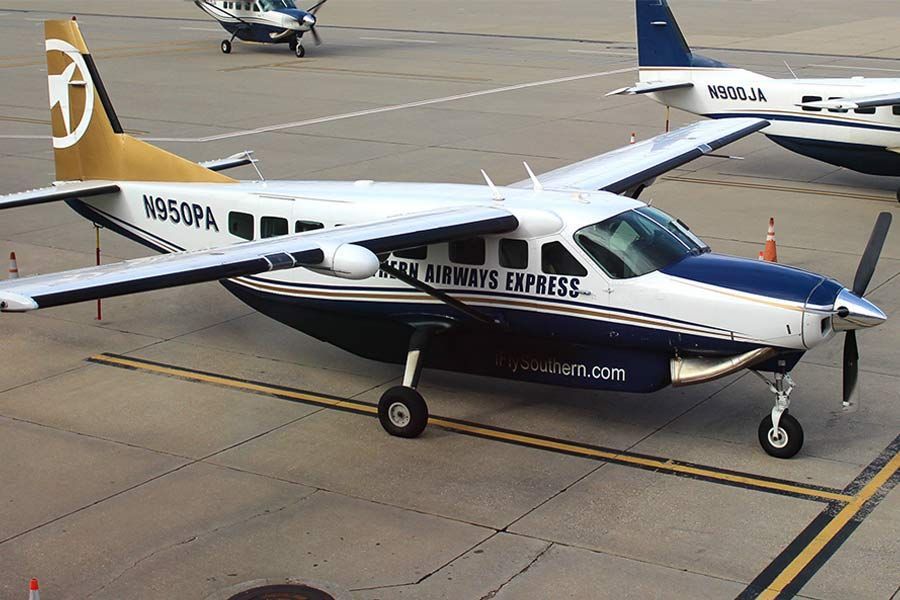
Southern Airways Program
(Graduate with 2,000 hours and earn a spot at SkyWest Airlines)
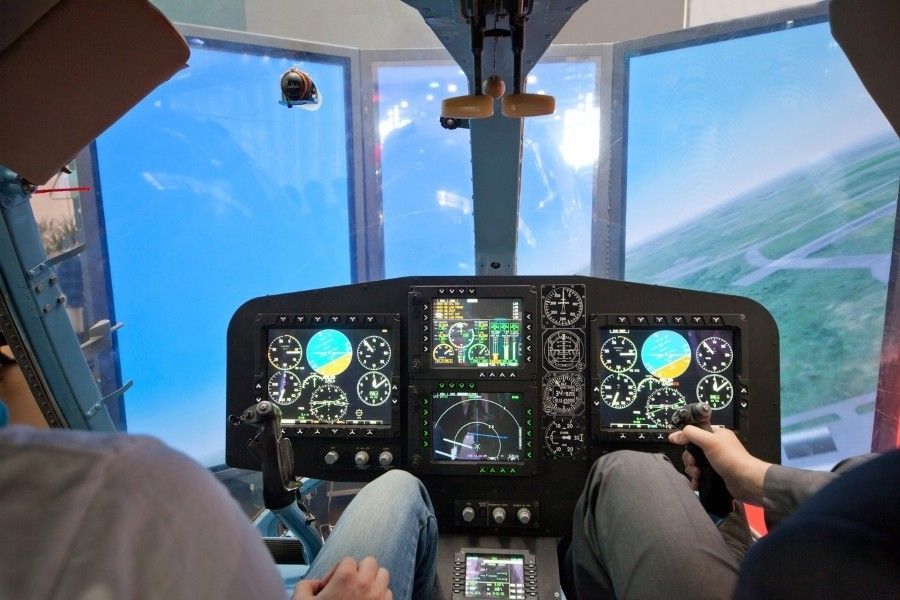
Fly as a CFI at JA Flight
(Graduate with 1,500 hours and earn a spot at SkyWest Airlines)
Step 4 - Final step!
Choose Your Dream Airline!
As a Skywest pathway school, beginning JA Flight Training students can enroll with Skywest for a follow-on program. Once completing a two-year program with Southern or flight instructing to 1500 hours Skywest is a great option!
Student Testimonials
Achieving and maintaining a consistent record of 5-star reviews demonstrates our school's dedication to delivering top-notch aviation education and creating a supportive environment for students to thrive.
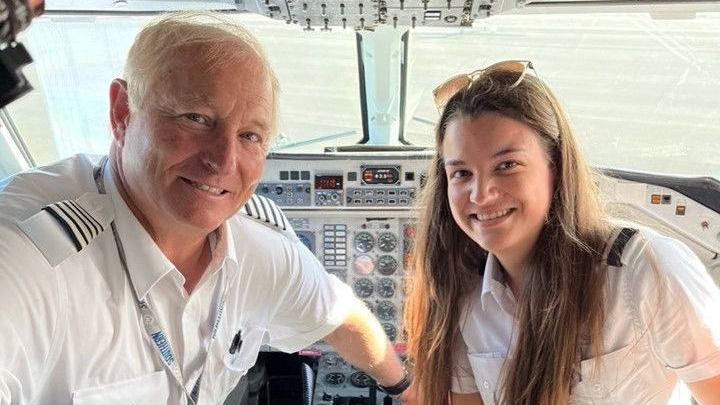
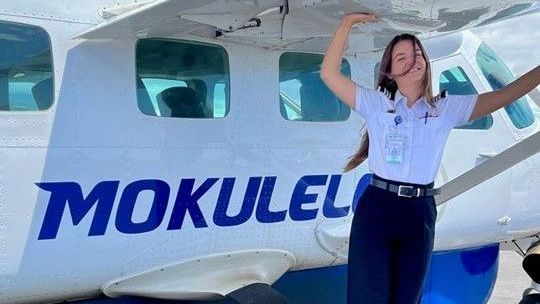
Emily Mueller
Helpful Resources
Career Pilot Program - Contact Us

Contact Us
Request More Information
We would love to hear from you!
Request more info or give us a call.
